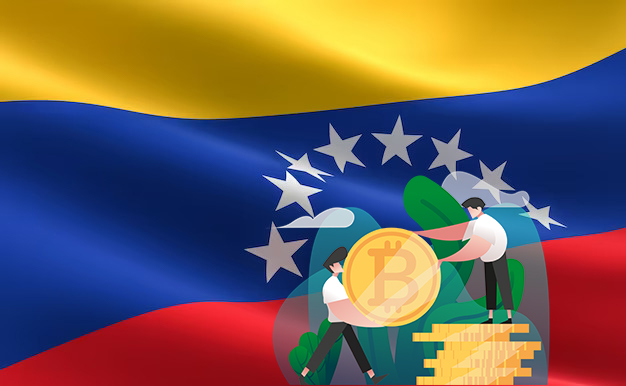In a March 17 decree, the president of Venezuela, Nicolás Maduro, proclaimed the reorganisation of the National Superintendency of Crypto Assets.
A new board will oversee the reorganisation, led by Anabel Pereira Fernández, an attorney previously serving as president of the Fondo de Garanta de Depósitos y Protección Bancaria, the Venezuelan equivalent of the Federal Deposit Insurance Corp. Among the other directors are Héctor Andrés Obregón Pérez, Luis Alberto Pérez González and Julio César Mora Sánchez.
The decree states that the board will plan the next steps for the crypto department, also known as Sunacrip in Spanish, without providing further information or specific explanations for the reorganisation. The administration of Nicolas Maduro asserts that the move is intended, among other things, to shield citizens from the adverse effects of economic sanctions.
A continuación publicamos la Gaceta Oficial Extraordinaria donde se crea la Junta Reestructuradora de la Sunacrip. https://t.co/au7uiaU7LB
— Asonacrip (Asociación Nacional de Criptomonedas) (@AsonacripVe) March 18, 2023
Joselit Ramirez, who has managed the department since its inception in 2018 and is not included in the new board structure, will no longer serve as its chairman. According to Venezuelan media, accusations of corruption led to Ramirez’s detention on March 17. Ramirez was in charge of crypto tax regulations and the Petro cryptocurrency.
The United States added Ramirez to its Most Wanted List in June 2020. The Homeland Security Investigations division of the United States Immigration and Customs Enforcement agency offered a reward of up to $5 million for information leading to Petro’s capture.
At the time, authorities alleged that Ramirez had deep political, social, and economic ties to alleged drug lords, including former Venezuelan vice president Tareck El Aissami.
The U.S. government offered $15 million for the apprehension of the country’s leader, Nicolas Maduro, while Ramirez’s reward was the lowest among the alleged conspirators. El Aissami and several other high-ranking officials are subject to $10 million bonuses.












